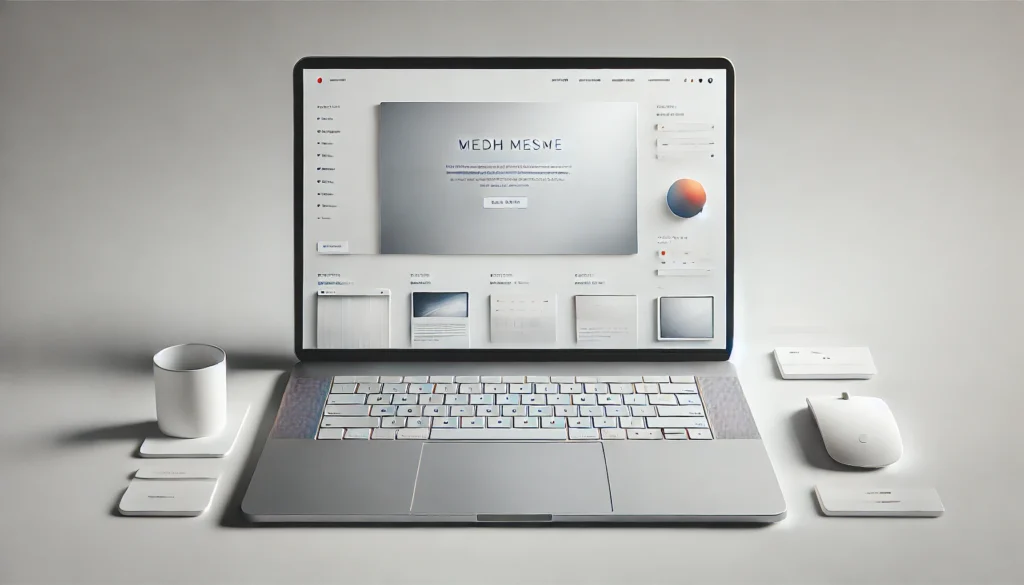Dubai’s bustling business landscape is not just a hotbed of innovation; it’s also a prime target for cyber threats. As the city continues to evolve digitally, staying ahead of cybersecurity trends and threats is paramount for businesses. This article takes a deep dive into the current cybersecurity landscape in Dubai, highlighting the latest trends, threats, and best practices for safeguarding your digital assets.
The Evolving Cybersecurity Landscape in Dubai:
Dubai’s digital transformation journey has led to a surge in cyber threats. Businesses operating in the city face a dynamic and ever-changing landscape of risks, making it crucial to stay updated on the latest developments.
Latest Cybersecurity Trends:
- Zero Trust Framework: Zero Trust is gaining traction in Dubai as businesses adopt a “never trust, always verify” approach. It involves strict identity verification and continuous monitoring to ensure secure access.
- AI and Machine Learning: Artificial intelligence and machine learning are being harnessed to detect anomalies and potential threats in real time, improving response and reducing false positives.
- Cloud Security: The rapid adoption of cloud services necessitates robust cloud security measures. Multi-cloud security and serverless computing are emerging trends.
- IoT Security: The proliferation of IoT devices requires a heightened focus on securing these endpoints to prevent cyberattacks.
- Privacy Regulations: Compliance with data protection regulations, both international and local, is a growing concern. Businesses must ensure they handle data in line with regulatory requirements.
Emerging Threats:
- Ransomware: Dubai is not immune to the global ransomware epidemic. Attacks can result in data breaches and financial losses.
- Phishing: Phishing attacks continue to evolve, becoming increasingly sophisticated. Employees must be educated on identifying and thwarting phishing attempts.
- Supply Chain Attacks: As businesses rely on interconnected supply chains, cybercriminals are exploiting vulnerabilities in third-party providers to infiltrate their targets.
- State-Sponsored Attacks: Dubai’s strategic significance makes it a target for state-sponsored cyberattacks. These attacks can have significant geopolitical implications.
- Insider Threats: Employees or partners with access to your systems can pose a risk. Implementing monitoring and response measures is essential.
Here’s an optimized FAQ section for the blog, along with structured data for enhanced visibility:
FAQ Section: Cybersecurity Trends for Dubai Businesses
1. What are the latest cybersecurity trends in Dubai?
Key trends include adopting the Zero Trust framework, using AI and machine learning for threat detection, strengthening cloud and IoT security, and complying with local and international privacy regulations.
2. What are the most common cyber threats faced by businesses in Dubai?
Businesses face ransomware, phishing, supply chain attacks, state-sponsored cyberattacks, and insider threats. These require robust prevention and mitigation strategies.
3. How can Dubai businesses implement the Zero Trust framework?
The Zero Trust framework involves strict identity verification, continuous monitoring, and granting access on a need-to-know basis. IT consultants can assist with strategic implementation.
4. Why is employee training critical for cybersecurity?
Training helps employees recognize phishing attempts, follow secure practices, and reduce insider threats. A well-informed team is the first line of defense against cyberattacks.
5. What are the best practices for improving cybersecurity in Dubai businesses?
Best practices include implementing multi-factor authentication, encrypting data, updating software regularly, and developing a robust incident response plan to minimize damage from breaches.
Cybersecurity Best Practices:
- Employee Training: Regular cybersecurity training for employees is essential to instill a culture of vigilance and threat awareness.
- Zero Trust Implementation: Adopt a Zero Trust framework, ensuring that access to resources is granted on a need-to-know basis.
- Advanced Authentication: Implement multi-factor authentication to enhance access security.
- Regular Updates: Keep software, operating systems, and security tools up to date to patch vulnerabilities.
- Incident Response Plan: Develop and test an incident response plan to minimize damage in the event of a breach.
- Data Encryption: Encrypt sensitive data at rest and in transit to protect it from unauthorized access.
Conclusion:
Dubai’s ascent to the pinnacle of global commerce comes with a price—the constant threat of cyberattacks. By staying abreast of the latest cybersecurity trends, understanding emerging threats, and implementing best practices, businesses can fortify their defenses and protect their digital assets. Dubai’s dynamic digital landscape requires a proactive and adaptable approach to cybersecurity, ensuring that its business environment remains secure and resilient in the face of evolving threats.



